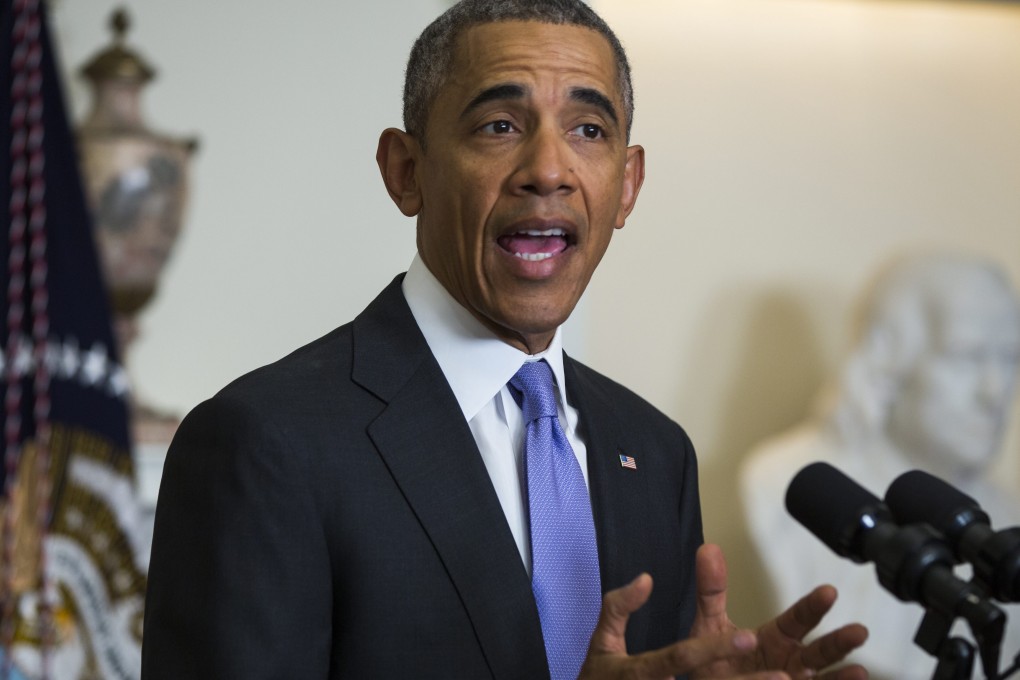When it comes to North Korea, the US should stop pointing fingers and act
Lee Seong-hyon says the notion that Beijing is responsible for keeping Pyongyang in check is nothing but a shrewd political play by Washington


READ MORE: Pyongyang to continue nuclear tests as long as US is ‘continuously invading’ its sovereignty
It is understandable why the US came up with the “China card” in dealing with North Korea. After two decades of frustrating, fruitless negotiations, Washington felt disgusted with the regime and humiliated for the very idea of sitting across the negotiating table. “President George W. Bush felt it was ‘beneath American dignity’ to sit down with North Korea,” a former senior US official, who directly negotiated with the North Koreans, told me.
Accordingly, Washington “outsourced” the task of dealing with North Korea to China, by inviting the latter to host the six-party talks, a multilateral platform aimed at North Korea’s denuclearisation. With that, the US settled down in the back seat, while China was elbowed into the driver’s seat. Every time the car veered off course, the driver got scolded.
To justify its “back-seat” role, Washington immersed itself in linguistics, instead of political science. It began to use the term “benign neglect”, a posture for ignoring North Korea. When, however, officials realised the term was too revealing of their negligence, the Obama administration came up with a new version, “strategic patience”.

China doesn’t think so. Amid growing strategic rivalry and mistrust, Beijing suspects the US seeks to use it as a hit man to topple the regime – or, “kill with a borrowed sword” (jie dao sha ren) – a clever “collateral damage” strategy of weakening China’s political position in East Asia by removing the structural “buffer role” North Korea provides. Cui Tiankai, the Chinese ambassador to the US, said China wouldn’t play a Washington-scripted role when he called it “mission impossible” as he addressed the audience at the US Institute of Peace.
